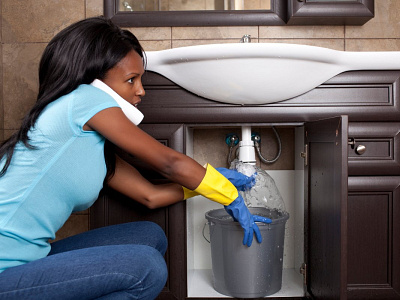Water damage from bathroom leaks
If Water leakage problems or moisture retention is not quickly fixed, this might damage ceilings, carpets, and hardwood flooring. Additionally, Water damage from bathroom leaks can cause mould and dampness in the house, leading further to multiple health risks.
You should immediately inform your landlord to investigate if you notice:
Structural Damage
Detecting Water Damage
Strange Odors
Discolouration in the Walls
Sagging Walls or Ceiling
These flaws must be fixed by your landlord as per the law within a reasonable period, depending upon the severity of the issues.
If it’s already so late with zero improvements, give us a call because we are on hand to provide further advice and support concerning your potential right to claim compensation.
How To Maximise The Value Of Your Water Damage Compensation Claim
Water damage is a common issue in both homes and businesses. Though water damage’s causes and effects can vary, understanding what they are and how to handle them is essential for property owners. With all the recent news of natural disasters, it’s more important than ever to know what to do if your home or rental property is affected by water damage. You should know a few things to maximise your chances of receiving water damage compensation claim. You’ll be on your way to restoring your life after a disaster by getting helpful information.
Why Is It Important To File A Compensation Claim
Water damages in a property can vary from minor leaking pipes causing structural damage over time to floods caused by natural disasters. Structural damage from water leak at home or on any other property can lead to significant loss and is, unfortunately, a threat many property owners face daily. Water damage can negatively affect an area’s comfort, safety and hygiene and cause damp or mould on walls or rotten woodwork, leading to costly repairs. As such, it’s vital for property owners who have suffered water damage to file a compensation claim against their landlord or housing association.
Water leakage compensation claims usually require photographic evidence, proof of repair costs, and receipts of materials used during the repair process. By filing a claim for water damages promptly and providing the correct information, property owners should receive fair compensation for their losses that will help them cover all expenses incurred after sustaining these damages and keep their properties safe from future water-related issues.
Types Of Water Damage
Water damage can cause severe problems in a property, ranging from minor inconveniences to full-scale property destruction. Water can damage walls, flooring, ceilings and any other surface, leaving visible signs of damp and mould if not dealt with efficiently.
Water leakage compensation claims can be made when water enters your home unexpectedly due to faulty piping or drainage systems outside the property. Depending on the severity of the damage, structural damage from water leaks may even need to be addressed by removing affected materials or surfaces and replacing them with new ones. Excess moisture in areas such as basements or crawl spaces also creates ideal breeding grounds for pests and insects, requiring additional clean-up efforts and more time spent making water damage compensation claims. Homeowners should stay alert for signs of water build-up, such as peeling paint or damp spots on walls that indicate more significant leaks need to be addressed quickly to limit further damage due to water infiltration. Taking a proactive approach towards addressing possible water leakage risks is key to protecting each homeowner’s valuable investment.

